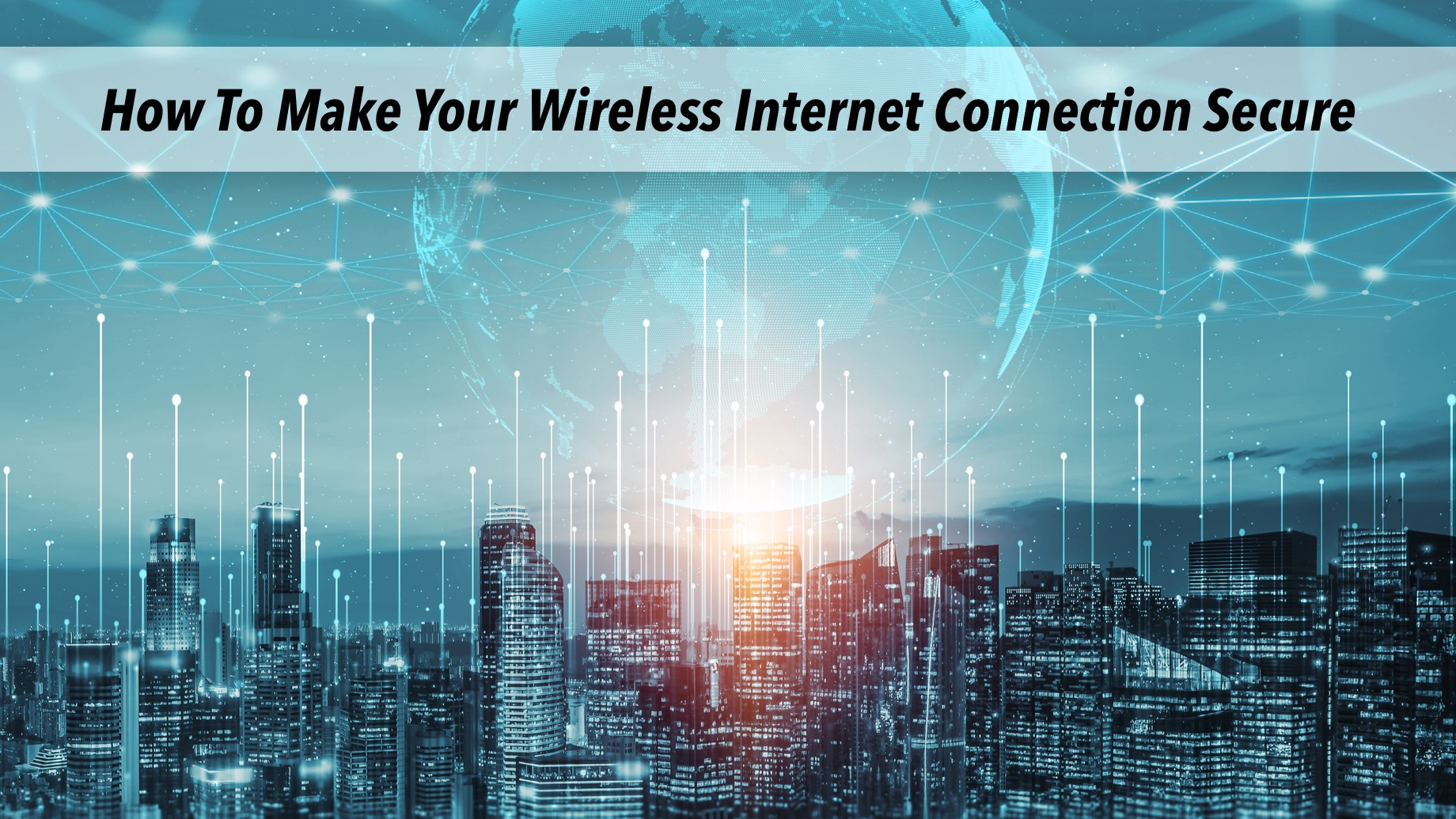
Getting accurate and up-to-date information regarding issues with an internet connection could be tiring and frustrating. This is mainly due to a lack of authentic or reliable sources that may be able to define the issue and present a viable solution.
Internet consumers who use HughesNet Internet may be able to check up with the HughesNet servicio al cliente en español or the HughesNet Customer Service to get reliable information on how to make your wireless internet connection strong.
Change default passwords
This could be a little tricky, so to make it easier, you need to have network equipment that includes wireless access points. This comes pre-configured with default administrator passwords. Because these default passwords are easily obtained online, they offer only a sliver of security. Changing default passwords makes it harder for the hacker to access your computer system. Complex passwords, which you should use and change regularly, are your first line of defense in securing your device.
Encrypting the data
If you encrypt your data, one of the biggest advantages is whoever is seeing your data now cannot see it. This security can be provided by a variety of encryption techniques. The Wi-Fi Protected Access (WPA), WPA2, and WPA3 protocols encrypt data sent between wireless routers and devices. WPA3 is the most secure encryption available right now. Although WPA and WPA2 are still available, it is recommended that you use equipment that supports WPA3, as utilizing the previous protocols may expose your network to exploitation.
Secure your Service Set Identifier (SSID)
You need to make your SSID private so that only you can access your network. Users may secure their device’s SSID on all Wi-Fi routers, making it more difficult for attackers to locate a network. Make your SSID unique. Leaving it at the manufacturer’s default settings might allow a potential attacker to figure out what kind of router you have and exploit any known flaws.
Keep your antivirus software up to date
Install antivirus software and update your virus definitions regularly. Many antivirus products also include spyware and adware detection and protection functions.
Use caution when exchanging files
When not in use, file sharing between devices should be deactivated. Always enable file sharing only on your home or business networks, and never on public networks. You might want to try establishing a separate file-sharing directory and restricting access to all other folders. Furthermore, whatever you share should be password protected. Never share a whole hard drive’s worth of files. Alternatively, you can visit https://www.goanywhere.com/solutions/managed-file-transfer for a managed file transfer software solution.
Check the wireless “Security Option “provided by your internet provider or router manufacturer
Most internet providers give you information to secure your wireless system; if they don’t, you can contact customer service. They will provide you with all the necessary options.
Use a VPN (Virtual Private Network)
A VPN is widely used by many organizations, and through VPNs, many employees can access the network in the office. VPN works by encrypting the data from both ends (sending and receiving) and filtering out unencrypted traffic. If you can access a VPN, you need to make sure you use it whenever you need especially using a public network.
Keep the software on your access point patched and up to date
Your wireless access point vendor will regularly provide software and firmware upgrades and fixes. You need to look for the manufacturer’s website regularly in case of any updates or patches for your device.
Conclusion
It is true that wireless connection is risky and can be hacked. However, if proper measures are taken, you can avoid the situation mentioned above, as there are many ways by which you can secure your data and connection. So, if you apply the methods outlined in this article, you will be less vulnerable to hackers.